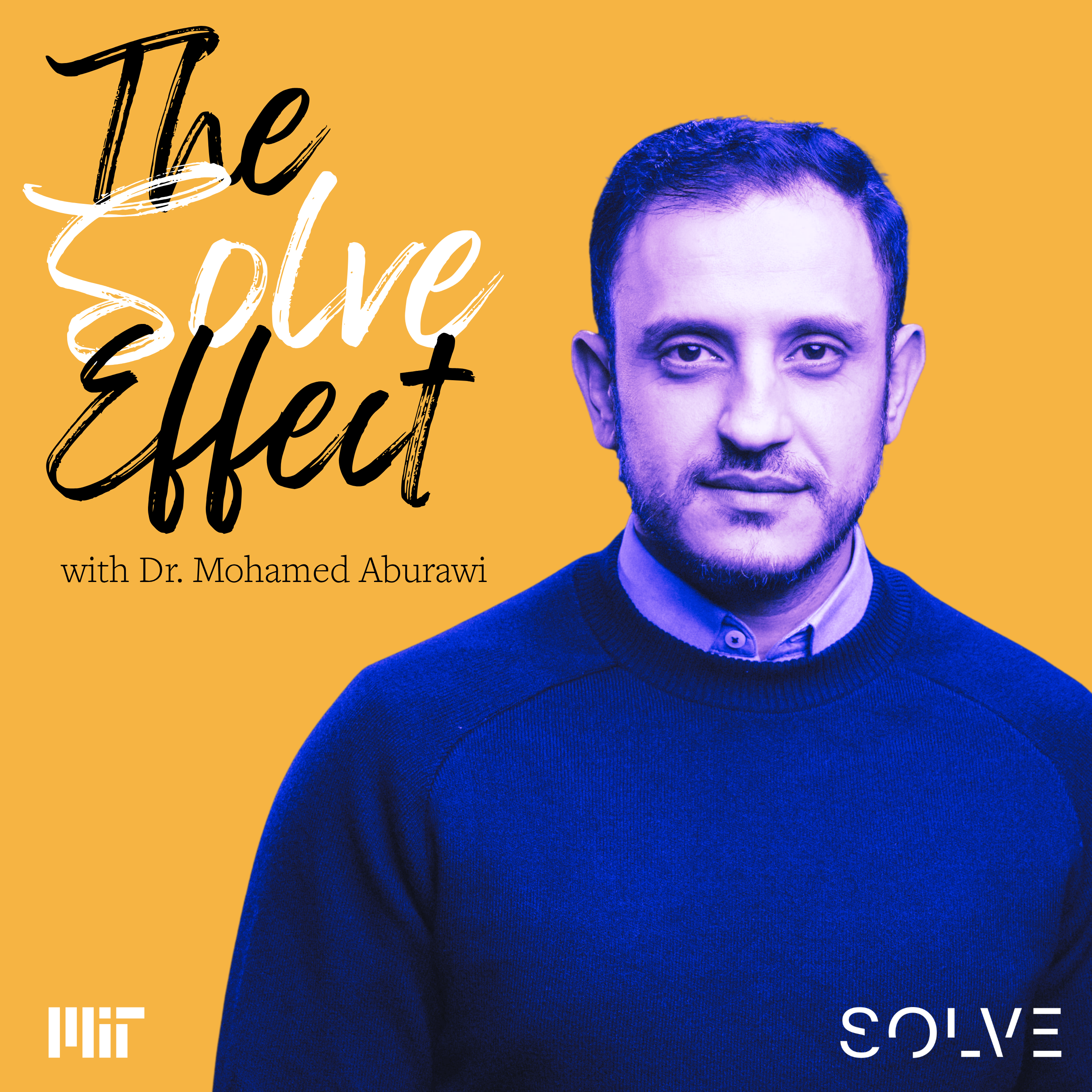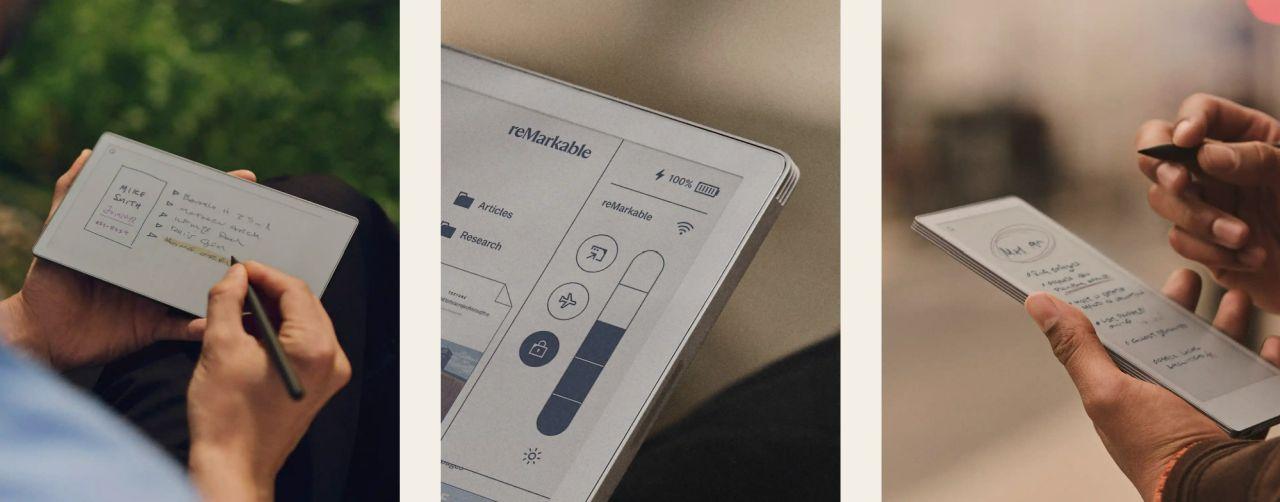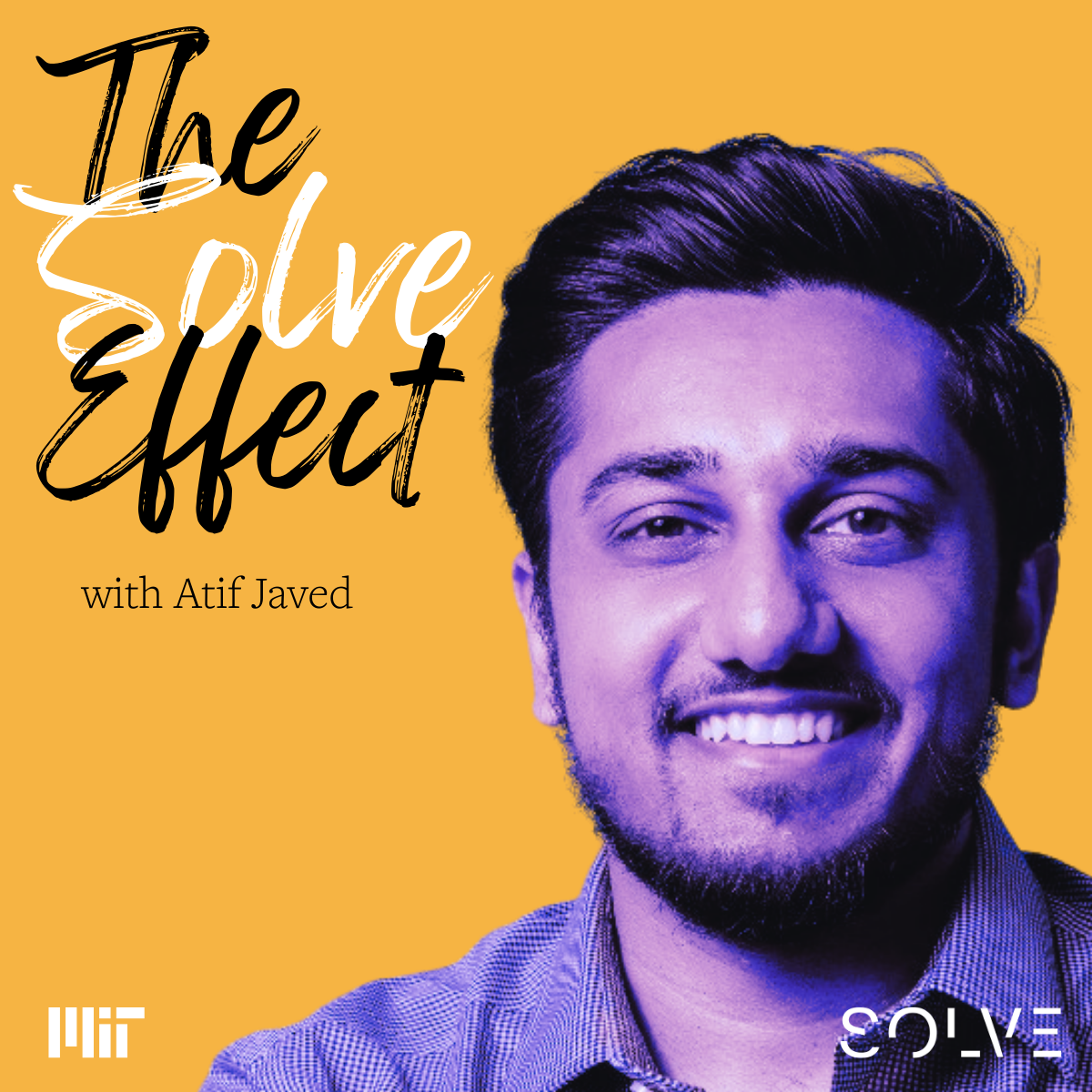
Technology Can Change the World—And We Need to Use It to Improve the Lives of Mothers and Babies
Oren Oz is part of the Challenge Leadership Group for MIT Solve’s Maternal & Newborn Health Challenge. He is the Founder and CEO of Nuvo Group, which built INVU, a remote monitoring platform combining proprietary hardware, cloud-based software, and AI tools to optimize the pregnancy care experience on a global scale.
New life is one of the most universal and important journeys: We all began with a birth story. But every 11 seconds—too often—this joyous moment becomes a tragedy for the estimated 2.8 million pregnant women and newborns that die every year. The majority of these deaths come from preventable or treatable causes, disproportionately affecting residents of countries that are growing and underserved communities everywhere.
Even as the global mortality rate for mothers and babies remains unacceptably high, we’re stuck on a model that relies on decades-old analog technology meant for hospital or clinical settings that requires women to travel multiple times a week, often over long distances, and endure long waiting times that can stress both mothers and babies—if there is a hospital or clinician available at all.
The status quo is unacceptable. Changing it—that is, closing the accessibility gaps for maternal and newborn care—must remain at the forefront of the global agenda. Modern technology can radically empower and equip patients, and removing geography as a barrier to accessing resources like healthcare is an achievable if bold goal.
As a data scientist and innovator, I received my own call to action in 2014, after my wife’s third pregnancy became high-risk. Put on a tight management program, we were required to travel to the doctor’s office multiple times a week for tests, with two young children already at home. During this time, an inaccurate cardiotocography reading nearly resulted in an emergency C-section. Our child ultimately arrived via an uncomplicated vaginal delivery, but the frequent trips to the hospital and the scare of that false positive stayed with me. I realized there had to be a better way to improve and democratize access to medical grade care.
High numbers of maternal and newborn deaths often reflect inequalities in access to quality health services, but technology shows unique promise in the fight to give every life a better beginning. We can improve access by connecting patients with distant providers through remote consultations and monitoring, which can facilitate earlier interventions as needed and support the delivery of babies in better condition to healthier, less burdened moms. Advanced machine learning, artificial intelligence, and population health can provide decision support and help direct timely, focused care wherever resources are scarce or systems are under stress.
The MIT Solve community put out a call for technology-based solutions that promote the health and wellbeing of women, new mothers, and newborns everywhere. Innovators from all over the world have submitted their inventive solutions—from an ultraportable, low-cost operating room in a 10-pound backpack to a solar-powered portable phototherapy crib for the treatment of neonatal jaundice in communities where access to healthcare delivery is poor. As a member of the Challenge Leadership Group, I’m excited to see how these innovators use technology to expand access to high-quality, affordable maternal and newborn care for women, new mothers, and newborns; decrease the risk of disease among mothers and newborns; improve gynecological health for all women; and support the mental and emotional health of women throughout pregnancy and after childbirth.
Technology can remake the world, starting with the beginning of life. The Solve community’s work on the Maternal & Newborn Health Challenge is a magnificent demonstration of the innovation community at its best.
Watch the Maternal & Newborn Health finalists pitch their solutions at Virtual Solve Challenge Finals 2020 by joining Solve as a Member.
Tags:
- Health
Related articles
-
A Visionary Healthcare Innovator: Dr. Mohamed Aburawi on Tech, Healthcare, and Impact Investing
In the newest episode of The Solve Effect, Dr. Mohamed Aburawi shares how building in crisis can spark innovation that lasts.
-
Powered by Purpose: E Ink’s ePaper Technology Takes Aim at the World’s Toughest Problems
Because it draws power only when an image changes—and none at all while static—ePaper reduces energy consumption by orders of magnitude. That single breakthrough unlocks net-zero transit signs, off-grid medical notebooks, and other applications that traditional screens simply can’t power sustainably.
-
The Solve Effect Podcast - Episode 4 - A Tech Maximalist: Atif Javed on Human Connection Through Technology
What happens when a childhood experience becomes the seed for a global movement? In this episode of The Solve Effect, host Hala Hanna sits down with Atif Javed, co-founder and Executive Director of Tarjimly, a nonprofit that connects tens of thousands of volunteer translators with refugees and displaced people worldwide.